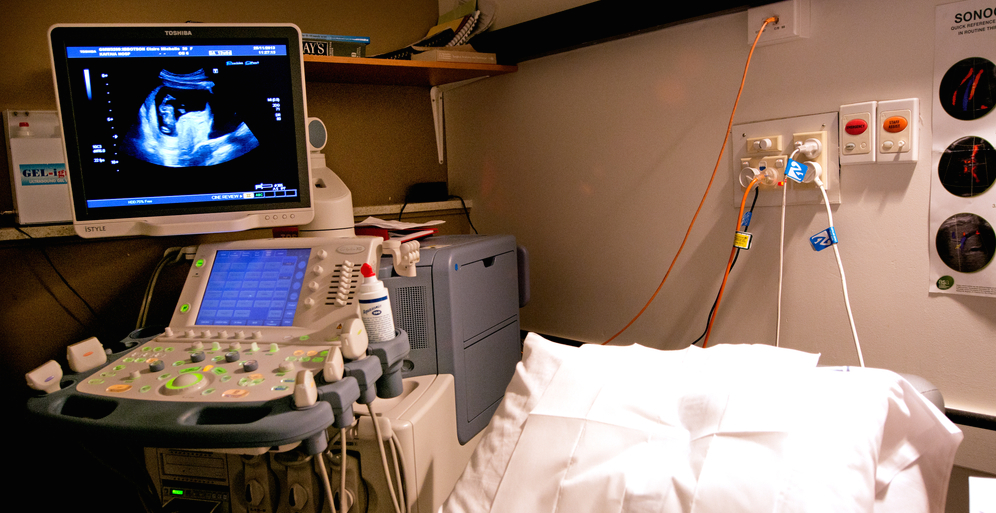Have you ever experienced (or known somebody who experienced) a medical mistake, such as a hospital-caused infection … or worse?
Odds are you probably have. The bills likely got paid anyway, due to one of the fundamental flaws with American health care. And the new healthcare law only makes this flaw worse.
A recent survey by the Inspector General for the U.S. Dept of Health and Human Services concluded that 1 of 7 hospitalized Medicare patients “experienced harm” as result of the medical care. Further, the report found that 1.5 percent received harmful treatment that killed them. This would translate into 15,000 deaths per month – just for patients with this government health insurance.
Similarly, in 1999, Institute of Medicine researchers estimated that “preventable” medical errors for all hospital patients claimed the lives of 44,000 to 98,000 Americans every year. Compare that with 58,220 Americans killed in the Vietnam War – over a 20 year span.
When you take a car or other complex gadget into a repair shop and they accidentally harm or destroy it, there is a strong likelihood the shop will reduce the bill or tear it up. That’s a big incentive for an auto shop to be very careful with your car – and the shop’s reputation.
This isn’t the case in medicine because patients don’t pay the bills. Whether the hospital does a good job or a poor one, the checks are written by either a private insurance company, Medicare, or Medicaid. Patients almost never know beforehand the price of service and don’t directly pay for most of it.
If they do, it is typically long after the service or procedure is performed, in two separate statements from their insurance and medical providers. And sometimes these statements don’t match.
Hospitals are not deliberately reckless, but our healthcare system allows them to escape the normal market pressures to be as careful as they could be. The party that knows whether the job is being done well (you) has almost zero control over the payment. The party that controls the payment (Medicare, Medicaid or an insurance company) isn’t in the hospital room where the job is being done.
For example: Hospital acquired infections are on the list of “preventable errors” causing these problems. If we could refuse or greatly reduce payment for hospitalizations that resulted in flu infections from contaminated rooms, the hospitals would be a lot more careful about cleanliness.
Prices are signals that tell us which services are valuable and which are not. These signals don’t exist in medicine and that costs us all. Hospital inflicted harm is expensive. It is one of the things that causes our medical insurance to be so expensive, and thus leads to more of us being uninsured.
The health reform law puts government more in charge of paying the bills for us – making a bad situation even worse. What we need is patients in control of their medical care dollars.



